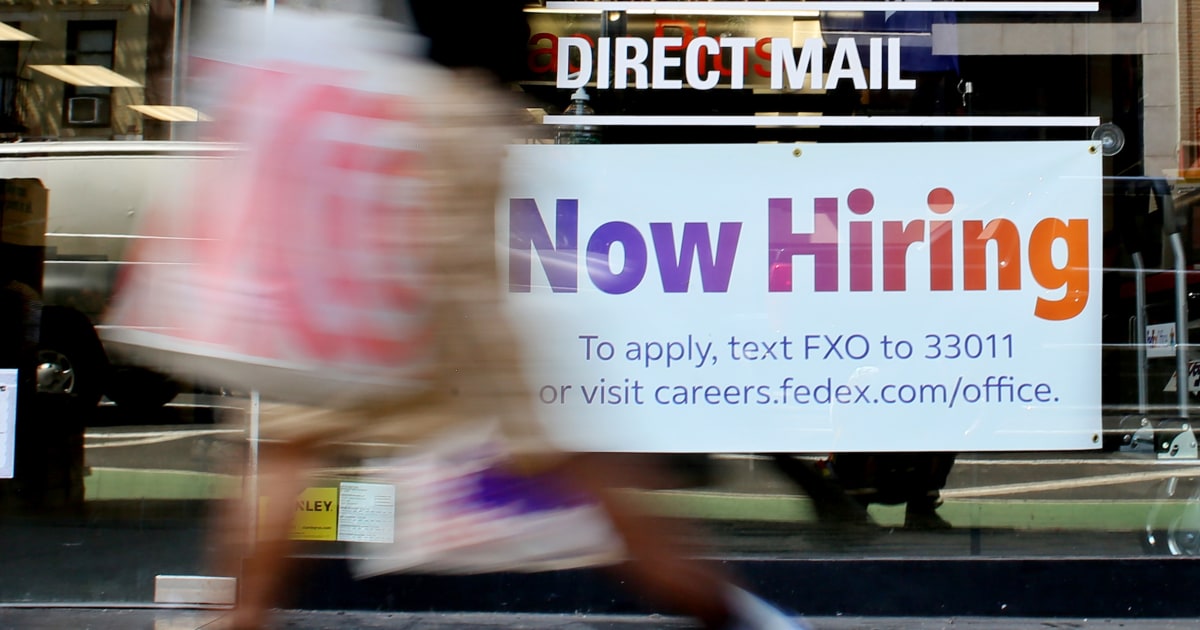Despite a full-time job: In a federal state, one in five people is a low-wage earner
Created: 01/06/2022, 02:19 PM
From: Jens Kiffmeier
The work is not always worthwhile: Despite a full-time job, low-wage earners have to keep an eye on their money at the end of the month.
A study by the WSI shows: Many live in Lower Saxony.
Hanover / Berlin - A lot of work, little wages: Many employees in Lower Saxony toil with a 40-hour week - and still have a small salary.
One fifth of the working population in the northern federal state are considered to be low-wage earners *.
This is the result of a study published on Thursday by the Hans Böckler Foundation.
Study author Helge Emmler told Handelsblatt that it was possible in recent years to push back the lower pay range a little.
Nevertheless, Lower Saxony does poorly in a national comparison.
Federal state: | Lower Saxony |
Surface: | 47,614 km² |
Population: | 7.982 million (2019) |
Prime Minister: | Stephan Weil (SPD) |
The study was carried out by the Institute for Economic and Social Sciences (WSI) on behalf of the union-related foundation.
The calculation is based on figures from the Federal Employment Agency.
Accordingly, a total of 19.9 percent of employees in Lower Saxony were considered to be low-wage earners last year.
Despite their full-time job, they had to make ends meet at the end of the month with a gross wage of less than 2284 euros.
This is especially the case in structurally weak regions such as Wittmund in East Friesland or Helmstedt, as the news agency dpa reported.
Hans Böckler Foundation: WSI study reveals proportion of low-wage earners in Lower Saxony
According to a common definition, employees in this country are low-wage earners if they receive less than two thirds of the average gross monthly wage of all full-time employees subject to social security contributions.
The evaluation shows that the problem is unevenly distributed.
Women, younger full-time employees, those with foreign citizenship or people without a professional qualification are hit above average.
Full-time at the supermarket checkout: Many employees are still low-wage earners in Lower Saxony.
© Karl-Josef Hildenbrand / dpa
In addition, the proportion of low-wage earners who will have to observe a few legislative changes in the new year is distributed differently across the German regions.
A comparison of the federal states shows both a north-south and an east-west divide.
At the state level, Lower Saxony achieved a similar ranking as Berlin, for example, where the proportion of low-wage earners was 19.2 percent.
In relation to other large territorial states such as Baden-Württemberg (13.7 percent) or Bavaria (15.3 percent), the rate at the turn of the year was significantly higher in the northwest.
However, eastern German states such as Thuringia (32.9 percent) or Mecklenburg-Western Pomerania (34.2 percent) have significantly higher values.
When do you start to be a low wage earner?
Every fifth person in Lower Saxony falls into this category
Overall, however, the group in the lower pay range has become smaller in Germany in the years before the Corona crisis.
In 2011 it still belonged to 21.1 percent of full-time employees subject to social security contributions nationwide, the proportion fell to 18.7 percent in 2020.
However, since there are considerable differences in development between the regions, the Böckler Foundation urged politicians to make further reform efforts.
WSI researcher Eric Seils told Handelsblatt that the situation of many people affected could be improved, especially with stronger collective bargaining coverage for wages in the east.
With our newsletter you will not miss anything from your area, Germany and the world - register now for free!
To what extent the demand will meet with open ears in politics remains to be seen.
The new traffic light coalition around Federal Chancellor Olaf Scholz (SPD) shows on paper that it is willing to take up the fight against looming poverty.
While FDP boss and finance minister Christian Lindner announced a billions in tax relief for the Germans, according to the coalition agreement the minimum wage is to be raised to twelve euros - which could help many low-wage earners.
Low wage limit: Ampel-Coalition wants to compensate for the wage gap in Germany with social reforms
Federal Labor Minister Hubertus Heil (SPD) has already put pressure on this. As one of the first official acts, a draft law is to be discussed in the cabinet. The ministry wanted to work out the template around the turn of the year. This would mean a wage increase of ten million citizens in 2022, promised Chancellor Scholz in the Bundestag.
There is little doubt about the implementation.
In addition to the abolition of Hartz IV and the introduction of a new citizens' insurance, the SPD had made the formation of the coalition dependent on the minimum wage increase.
However, other socio-political concerns are still on shaky ground.
Even mini-jobbers can look forward to higher wages, but the federal government put the brakes on the increase in the standard rates for the unemployed.
A surcharge of 200 euros, as demanded by the unions, would have torn a billion hole in the budget *.
It was said from coalition circles that this could not be financed.
* Kreiszeitung.de is an offer from IPPEN.MEDIA.









